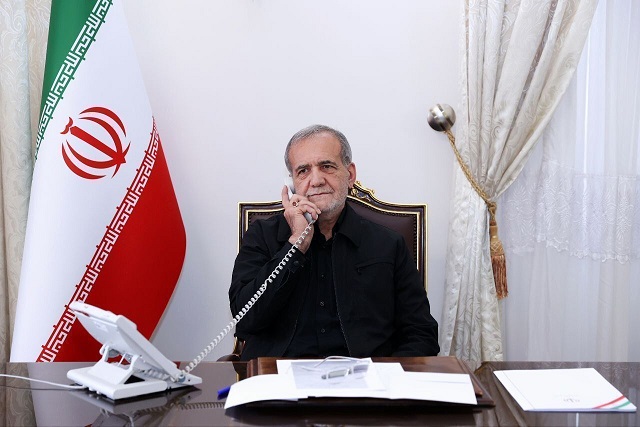Last Updated on August 6, 2024 5:35 pm by INDIAN AWAAZ
In a flurry of diplomatic activity, world leaders and high-ranking officials are scrambling to ease tensions in the Middle East as Israel prepares for a possible attack from Iran. The heightened alert follows the assassination of Hamas political leader Ismail Haniyeh in Tehran last week. Russian Security Council Secretary Sergei Shoigu is meeting with Iranian officials in Tehran, with reports suggesting Russia may be delivering advanced air defense systems to Iran. Meanwhile, U.S. CENTCOM Commander General Michael Kurilla is conferring with Israeli leadership. Egyptian officials have reportedly declined to join a defensive coalition against a potential Iranian attack.
In a rare diplomatic move, Jordan’s Foreign Minister Ayman Safadi visited Iran in an attempt to dissuade Tehran from retaliating against Israel. U.S. President Joe Biden held crisis talks with his national security team, reaffirming America’s commitment to Israel’s security while working to de-escalate regional tensions. The United States has bolstered its military presence in the region, dispatching additional warships and fighter jets to support Israel. Turkey announced plans to join the International Court of Justice case against Israel, adding another layer of complexity to the already tense situation. Italy and Iraq issued a joint statement pledging efforts to prevent regional escalation. As the situation continues to evolve, the international community watches closely, hoping that diplomatic efforts will succeed in averting a potentially catastrophic confrontation between Iran and Israel.

